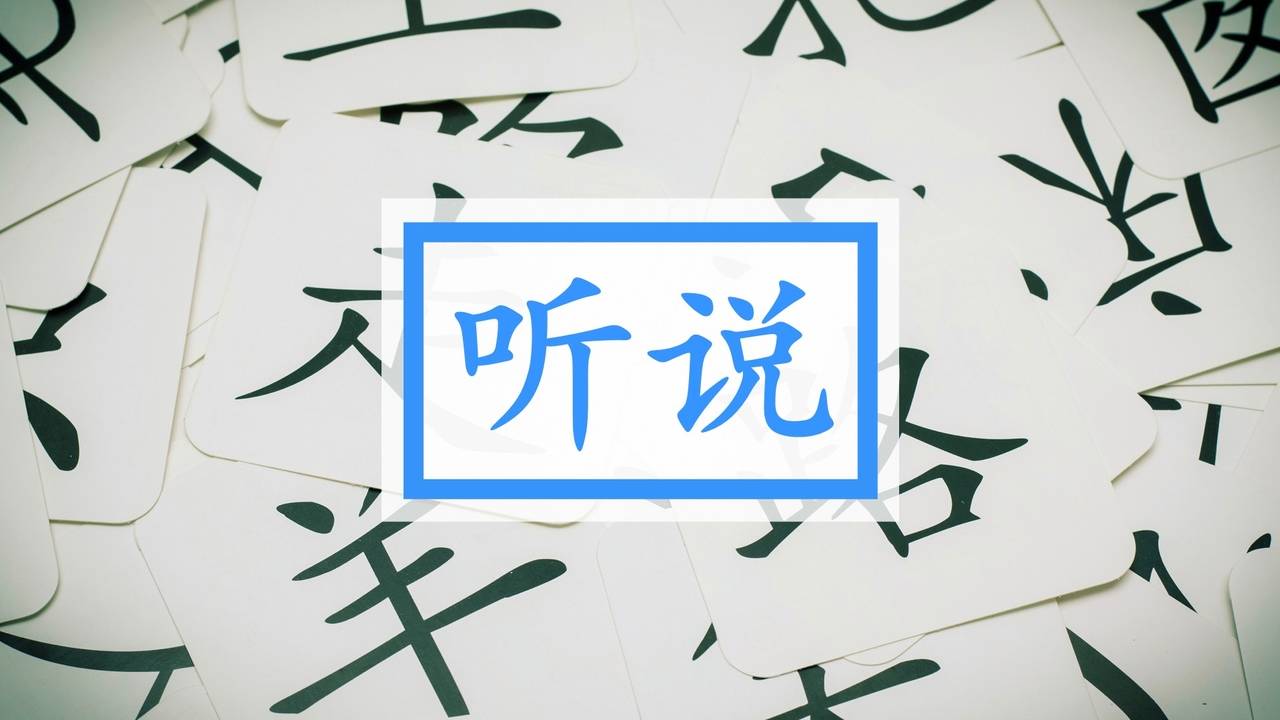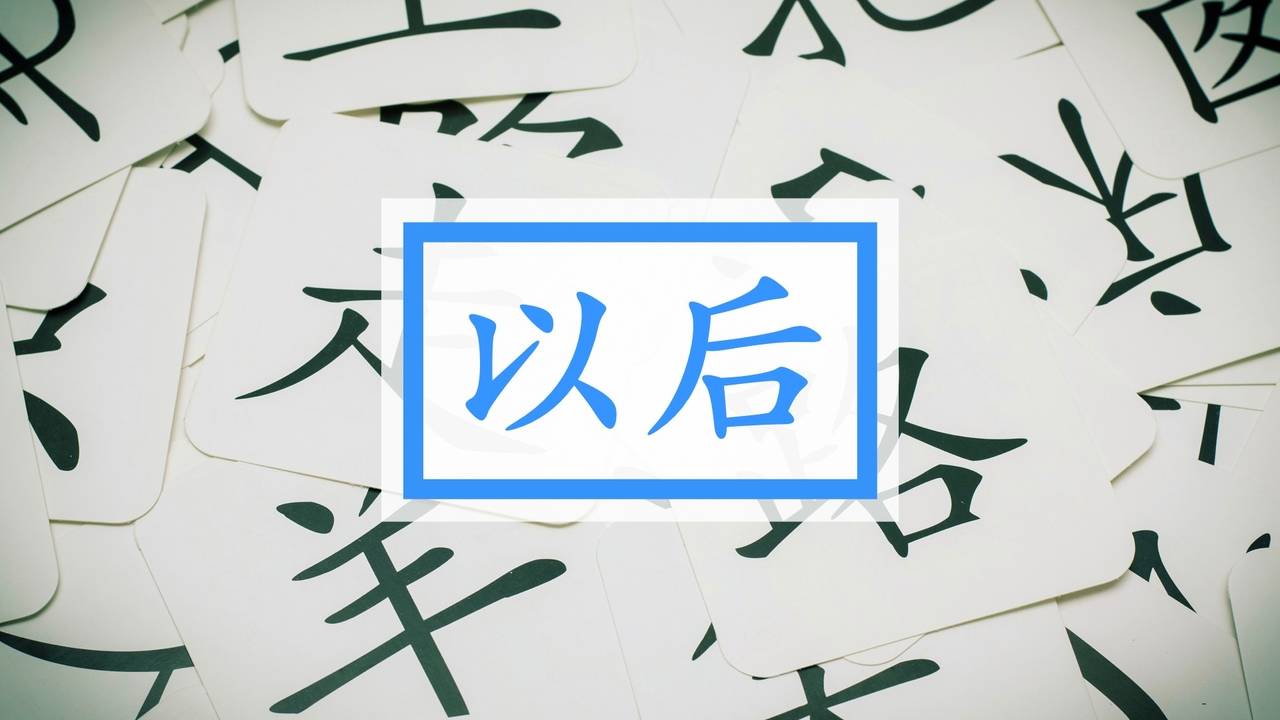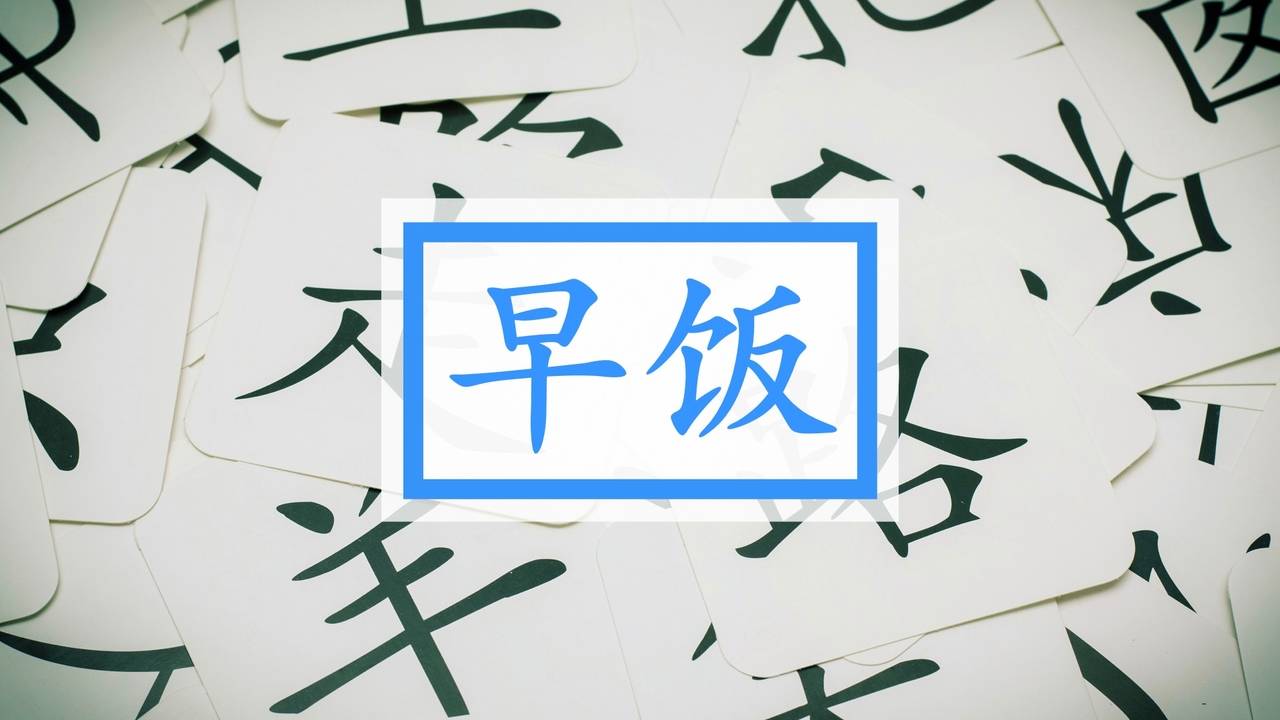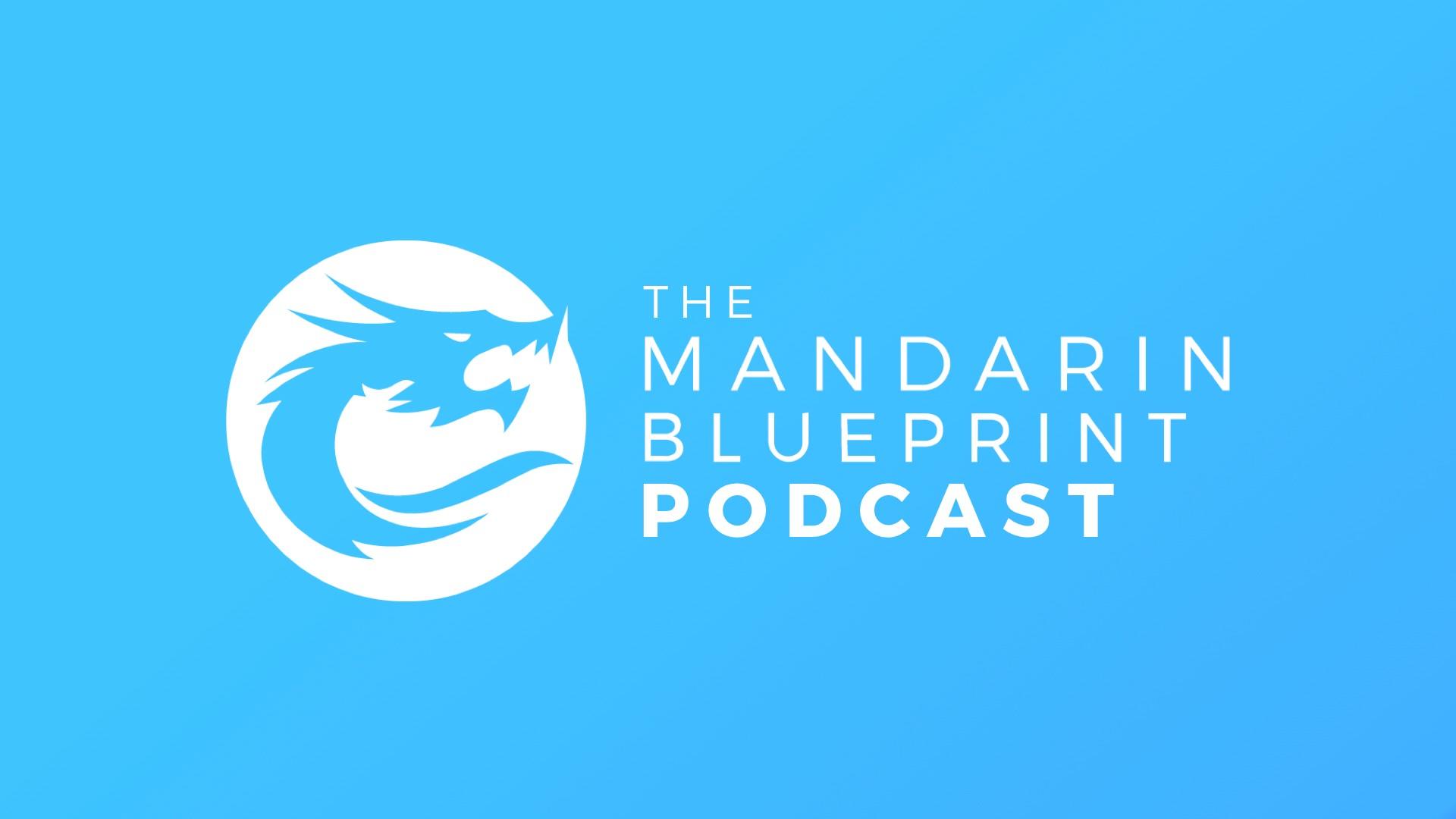Level 23 - Vocab in Context
43 Lessons
1

某个 in Context
2

某些 in Context
3

其他 in Context
4

讨厌 in Context
5

斤 in Context
6

公斤 in Context
7

听 in Context

BONUS: Helper - Expressing That an Action Has Happened Before with 过
9

好听 in Context
10

听力 in Context
11

听见 in Context
12

听话 in Context
13

听说 in Context
14

近 in Context
15

最近 in Context
16

后 in Context
17

以后 in Context
18

然后 in Context
19

后来 in Context
20

最后 in Context
21

BONUS: Helper - Turning Adjectives into Adverbs with 地
22

后天 in Context
23

后面 in Context
24

后边 in Context
25

厚 in Context
26

反正 in Context
27

相反 in Context
28

BONUS: “How Does What" - Adverbs Expressing Tone of Voice
29

米饭 in Context
30

早饭 in Context
31

午饭 in Context
32

吃饭 in Context
33

吃饱 in Context
34

饿 in Context
35

员工 in Context
36

工人 in Context
37

江 in Context
38

左边 in Context
39

左右 in Context
40

右边 in Context
41

差 in Context
42

差不多 in Context
43

差点儿 in Context
Next Character
BONUS: Helper - Expressing That an Action Has Happened Before with 过
Reminder About "Helpers"
The term "Helper" derives from the Chinese word for 'particle' 助词 zhù cí - 'help + word.' These 'helpers' are rarely grammatically required, but they 'help' the sentence by clarifying things like possession (的), change (了), present actions (着), or, in this case, experiences (过).
过 is a fascinating character. It has so many different uses that we made two videos about it a few years back (Video 1 - Video 2). This lesson will focus on the 'helper' version of 过, which covers past experience.
Sentence 1:
我骂过我的儿子。 - Level 13
Wǒ màguo wǒde érzi
I've scolded my son before.
The point that 过 expresses in this sentence is that 'scolding 骂' has happened before. It's NOT indicating any particular instance of scolding. You should use 了 if you want to refer to one specific time that you "scolded" your son.
So how would you answer the question:
你骂过你的儿子吗?
Yes: 骂过。
No: 没骂过。(You use 没 méi because that's how you negate things in the past.)
Sentence 2:
我常常想起来她说过的话。 - Level 14
Wǒ chángcháng xiángqǐlái tā shuōguo de huà
I often recall what she has said
In this sentence, the use of 过 is a bit more subtle. Yes, the 话 is something that 她 has 'spoken before 说过,' but the 过 indicates a generality about it. For example, I had a fourth-grade teacher named Mr. Oates, who was filled with pearls of wisdom that he would share with us. I often think of what he has said, but what I remember him saying isn't one thing, but many things he's said before. That's the function of 过 here.
Sentence 3:
公司从来没有办过活动。 - Level 19
Gōngsī cónglái méiyǒu bànguo huódòng
(My) company has never held an event
As we talked about in Pronunciation Mastery, you use 没 or 没有 to negate things in the past. Since 过 refers to past experience, you'll always use "没有" to indicate that you've not ever experienced some action.
Sentence 4:
中国有一句话,不知道你听没听说过。 - Level 23
Zhōngguó yǒu yíjù huà, bùzhīdào nǐ tīngméitīngshuōguo
There's a saying in Chinese, don't know if you've heard it before
This sentence does an excellent job of showing how you might propose whether or not you've experienced something before.
听说 - to hear of
听说过 - to have heard of
没听说过 - to never have heard of
Therefore, to say 听没听说过 is a structure that proposes both possibilities.
Comparing 了 - 过 - 过了
A: 你吃饭了吗?
A: Nǐ chīfàn le ma?
A: Have you eaten? (How are you doing?)
B: 吃了。
B: Chī le.
B: Yes. (I'm good.)
Here's an example of 了 used by itself. Speaker A is asking about a specific instance of eating, and Speaker B responds about it. Use this as your framework for the next few examples:
A: 你吃过饭了吗?
A: Nǐ chī guo fàn le ma?
A: Have you eaten (already)?
B: 我吃过了。
B: Wǒ chī guo le.
B: I've eaten already.
For everyday activities like eating, brushing your teeth, taking a shower, etc., people will sometimes use 过了. It indicates that the action is completely finished and doesn't need to happen again. For example, if a kid just brushed his teeth and his mom is pestering him about it, he could say "妈妈,我刷过牙了 Māma, wǒ shuā guo yá le - Mom, I already brushed my teeth!"
It's as if the 过 is saying, "not only is it completed (了), but it's passed (过) and won't come back for now."
她已经吃过饭了。
Tā yǐjīng chī guo fàn le.
She has already eaten.
By adding "已经," you're adding a final bit of emphasis. It's not necessary to add, but if you say "她已经吃过饭了," then there's no doubt about whether or not she needs to eat; she doesn't.
To see more sentences that use 过 as a helper, click the tag GW-Helper-Happened-Before-助词-过 in the sidebar of your flashcard APP.
Click Here to Navigate Phase 4 Grammar Points
Member Comments from 2019-mid-2020
Do you also want to leave a comment? You can do so below!
Ann Bihari
Curious if people in China typically answer yes to the question "have you eaten" when used as a "how are you?" (even if they haven't eaten yet) similar to how we always say we're doing well or fine in english when asked.
MB Team
Here's the link to where Phil and Luke talked about this comment in the Mandarin Blueprint Podcast: https://www.youtube.com/watch?v=Ikg_puhM9KE&t=5571s




